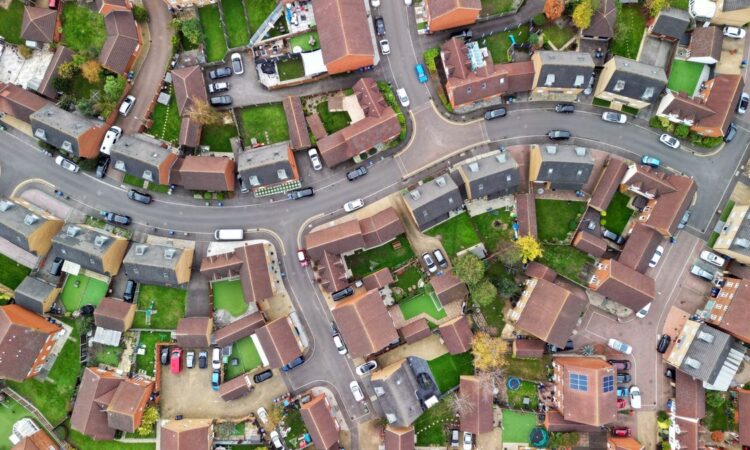
The government is reportedly considering introducing 99% loan-to-value (LTV) mortgages in a bid to support first-time buyers and boost the property market.
According to The Independent, Chancellor Jeremy Hunt is mulling the “bold plan” to announce 1% deposit mortgages in his Spring Budget in March, as the Conservations seek to “give young people a reason to vote Tory”.
To continue reading this article…
Create a free account
Continue reading this article and get limited website access each month.
Already have an account? Sign in
Subscribe to The Week
Get unlimited website access, exclusive newsletters plus much more.
Cancel or pause at any time.
Already a subscriber to The Week?
Unlimited website access is included with Digital and Print + Digital subscriptions.
Create an account with the same email registered to your subscription to unlock access.






